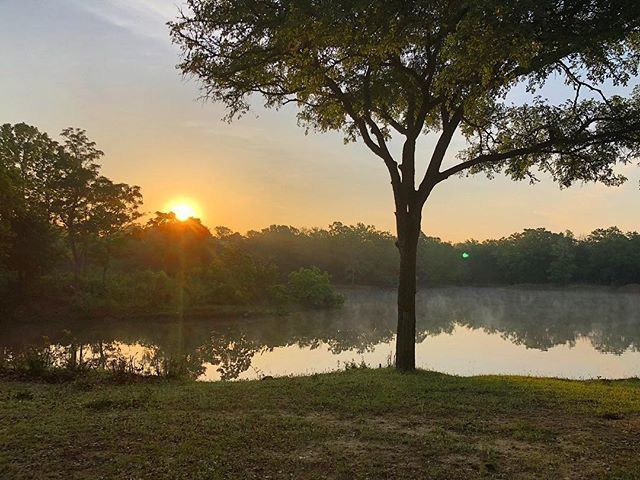All You Need - And Less
Doing what’s essential,” Marcus said, “brings a double satisfaction: to do less, better.” So take a minute today and ask yourself Marcus’ question. Is this necessary? Is it essential? Do I really need to do this? What if I said no? What if I opted out? What would happen?

Capital Thinking · Issue #818 · View online
We can imagine he was a busy man, perhaps the busiest man in the world.
He had 14 children.There was a pandemic. He had a nagging stomach ailment.
He was taking philosophy classes.
This Is the Test to Apply to Everything
Oh, and he was the emperor of Rome. His domain stretched some 2.2 million square miles and included some 120 million people for whom he was both responsible for and in charge of.
How did he manage it all? How did he get it all done? Without losing his mind? Without falling behind?
We know that one question played a huge role.
“Most of what we say and do is not essential,” Marcus Aurelius writes in his Meditations. “If you can eliminate it, you’ll have more time, and more tranquility. Ask yourself at every moment, ‘Is this necessary?’”
How much or how little you work. Where you live. What your marriage or your relationships look like. The political policies you support. What you spend money on. What your goals are. The way your schedule is arranged. The things taking up room in your junk drawer…or the thoughts running through your head.
Ask yourself about everything you do and say and think, “Is this necessary?” “Is this essential?” “Does it have to be this way?” “Why am I doing this?” “What would happen if I changed?”
We wonder why we’re not doing our best. We wonder why we’re not happy. We wonder why things are hard.
It’s because we’re doing too much. Or we’re doing the wrong stuff. Or doing it in the wrong way.
Greg McKeown has a great book called Essentialism. I love that word. You want to get to a place where your life is defined by it—where you’re doing only what needs to be done, in the way it ought to be done.
That’s going to mean getting comfortable with saying “No.” It’s going to be mean cutting fat from your life, maybe even hurting some feelings. But that’s OK. You’ll soon realize: When you say no to something, you’re saying yes to something else. And conversely, when you think you’re saying yes to one thing, you have to understand all the things you’re saying no to in the same breath. So you might make some people upset by saying no, but you’ll make other people a lot happier too.
A little while back, I was on Greg’s “What’s Essential” podcast. He called this the “non-essentialist trap.” When you haven’t distinguished between what is and isn’t essential, how do you decide what to yes to and what to say no to? Usually, we default to filtering opportunities by what’s most lucrative or what’s most impressive. Greg quoted Seneca to me, and that passage is worth putting here in full,
“We are told that life is short and the art is long…It is not that we have a short time to live, but that we waste a lot of it. Life is long enough and a sufficiently generous amount of it has been given to us for the highest achievement if it were all well invested. When it is wasted in the heedless luxury and spent on no good activity, we are forced at last by death’s final constraint to realize that it has passed away before we knew it was passing. So it is: we are not given a short life, but we make it short. We are not ill supplied but wasteful of it. Just as when ample and princely wealth falls to a bad owner it is squandered in a moment, but wealth however modest, if entrusted to a good custodian, increases with use, so our lifetime extends amply if you manage it properly.”
One thing the pandemic has helped me with is it has shown me—in most cases without my consent—just what doing less looks like.

Photo credit: Etienne Girardet on Unsplash
